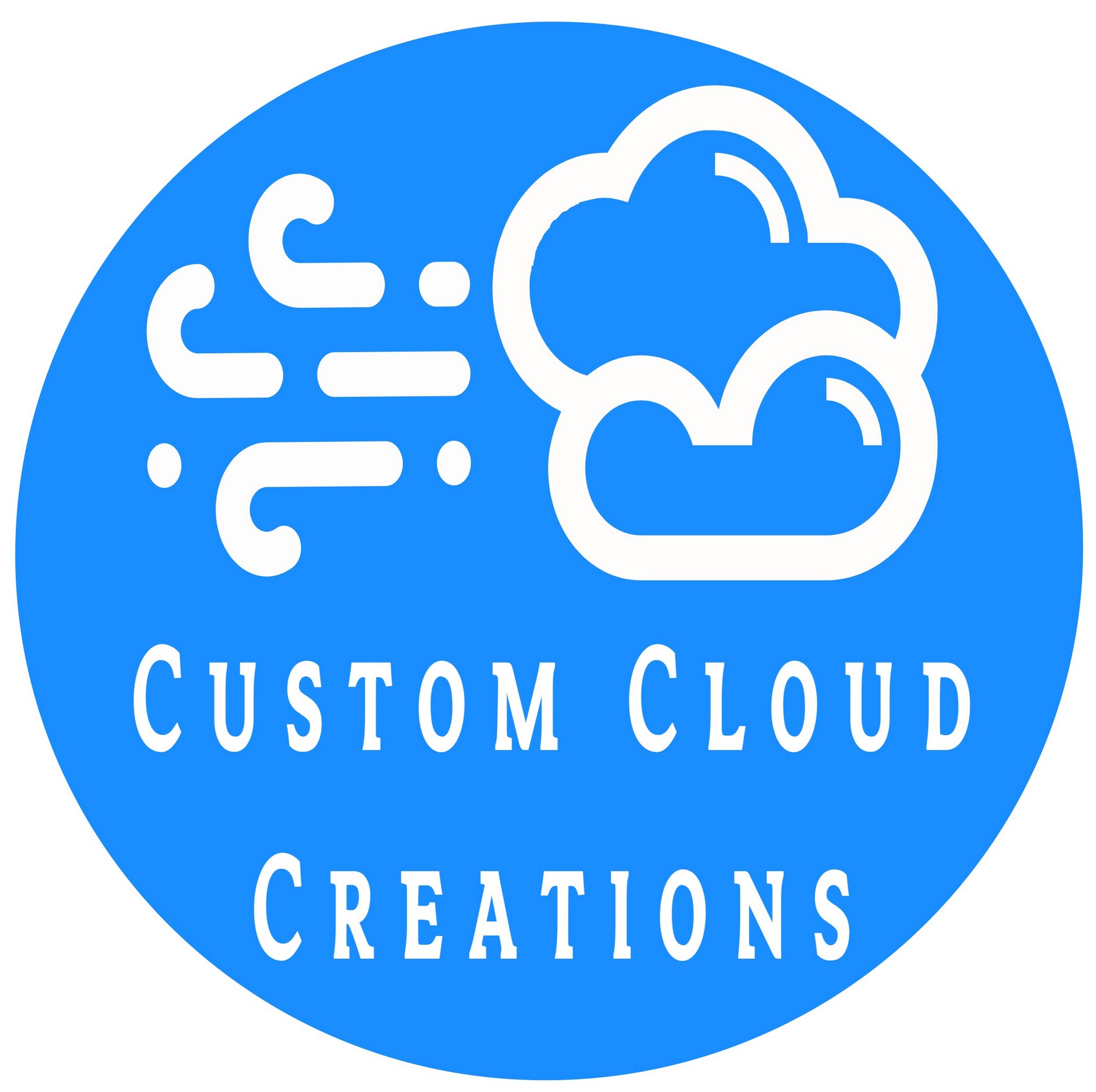What is Search Engine Optimization?
Search engine optimization refers to the techniques used to help websites gain more visibility in search results. They focus on making the website easier to find, so potential customers will be able to easily locate it via search. Search engine optimization is a complex topic with a fairly simple definition. It’s the science and art of designing a website and its content in such a way as to give each webpage the best chance of being listed and highly ranked by search engines.
SEO Is An Art And Science
A balance needs to be struck between the artistic qualities of the website and its adherence to search engine requirements because the look and feel of a website can be critical. There are many artistic design elements that interfere with a search engine from reading a site. It is important to know that any words contained within a video, photograph, graphic, or code may not be visible to search engines. Even though you can see words on your website, it doesn't mean that a search engine can find them. This is a lesson that needs to be learned and understood.
Scientific techniques have to be used in reference to the purpose of the website, audience, message, Aesthetics, and contents. Specific and well known design techniques can be used to improve a search engine’s ability to read the content of a website and its pages. Wonderful and complex websites can easily be created without using any SEO techniques, or by using techniques that directly interfere with a search engine’s ability to read the content of a site. If you want to determine whether your website has a fighting chance of being highly listed by a search engine, you need to be aware of these techniques.
Functional and Fashionable Design
Search engines don't pay much attention to the visual appeal of a website. It is possible to have a visually appealing, highly creative website or one with no design and still get good search results. If your website illustrates your artistic abilities, such as for an artist, musician, or photographer, then you need to make sure that your site is aesthetically pleasing. It's important to consider both aesthetic and search engine optimization. It may be necessary to make some compromises. If your website is an e-commerce website, then it can be quite ugly and still be effective in regard to search engine optimization and user interaction. A good looking website that is appealing to search engines is what most of us want.
Don't Get Framed
Avoid using frames or inline frames, or iframes. Any content contained within a framed webpage is often invisible to search engines. Frames involve one webpage file, the master frame, loading content from some other web file into another frame, the content frame. Search engines see only what is contained in the master frame, not the content frame. Any content in the framed webpage isn’t seen by search engines because it’s not really part of that particular master frame and its underlying code. The master frame is simply referencing the content file. Incidentally, any keyword or SEO work you’ve done goes to waste.
Help Search Engines Understand How To Crawl Your Site
While content is important for SEO, there are other things to consider when working with website developers. Robots.txt is a standard text file that contains instructions for search engine robots regarding which directories and files they should spider. Your robots.txt file should be placed in the root directory of your website. A sitemap can be created in various formats, usually, XML, that contain links to each webpage that needs to be spidered. If a link is created to the sitemap page, then the spider will follow the link where it will, in turn, follow all the links on the sitemap page. This helps search engine spiders know which web pages to index. Make sure the URLs are well-formed with proper syntax and include the required protocol. In order for the XML sitemap file to work properly, a validation file must be created. This file is needed in order for the search engine to know what format it needs to follow in order to access the pages that are listed in the sitemap file.
Optimize Metadata
The meta-tags are used to tell search engines about your site. The title meta-tag briefly describes the page name. The description meta-tag is used to provide a brief summary of your website. The alt text is used within the HTML code to describe the appearance and function of an image. The file name of the webpage is the name of the file saved on the server. Real text is the text that's visible to the user and also seen in the source code. Text in images, video, or code that is seen only by visitors, but is not seen in the source code is not considered real text in this sense. Ideally, your primary keyword should be included within the first 100 words or so of the webpage, but also organically sprinkled throughout the page with other keywords.
Optimize Content With Keywords
Search engines can be used to increase traffic to a web page. The best way to do this is to focus on the effective use of keywords or keyphrases within well-written text. A keyword or phrase is any search engine readable text that indicates the focus or topics covered by a webpage. Keywords are most effective when they are used several times in various ways on a page. Your keywords can be repeated in several different places within the underlying page code. If your Web page’s content is optimized for keywords, it will perform better in search engines. However, the keywords on your Web page should not be used as tricks. They should be natural and part of the content of your Web page.
Avoid Keyword Stuffing
Some websites use excessive amounts of keywords to trick the search engines into thinking that they have the highest possible score. This does not work. The search engines will see the keyword usage as spamming and will penalize your site. Invisible keywords are invisible to users but visible to search engines. If the underlying code of a webpage contains invisible keywords, it may be penalized, or even banned, by search engines. If your website uses an extremely tiny font size to hide keywords, search engines may penalize your site. Most search engines ignore graphics and photographs, but if you are concerned about your rankings and have a website full of photos, use alt tags.
Optimize Your Textual Content For Spiders
Search engines primarily focus on the textual content found in the underlying code of a website, rather than what is displayed in a browser window. The textual content of your web pages is the cornerstone of effective SEO. You need to make sure you have good descriptions and structures (titles, descriptions, meta, schema, etc.) for your page. The text you use on your website should accurately represent your products, services, or offerings. Adding your keywords at the beginning of your content (title, description, summary, etc.) will help search engines find your content and list it among other relevant content. You may need to consider alternative methods to get the traffic you want if you fail to optimize your content text.
Build Quality Links
Links from related, high quality sites are an important factor in improving your site’s page rank. For example, if your company has partners or customers that are willing to put a link from their websites back to yours, then search engines will use those links to improve your own website’s page rank. Make sure that all links on your web pages are working properly. Search engines don't like broken links. A broken link is a link that displays any sort of error message. It's important that the links on your page are working. If they aren't, your search engine ranking will suffer.
Avoid Link Farms
Don't use link farms or link schemes. Search engines do a lot of work to verify the validity of the websites your link points to, and link farms and linking schemes are often used for spamming purposes. This can cause your website to be penalized and result in a lower ranking.
Local Listings
Using local listings in search engines helps you get found by people who are looking for what you have to offer. You can increase your visibility and get more links back to your site if you create some quality content. Build links to the content and those links will usually be picked up by other sites or blogs looking for great content to link to. This means your content is linked to a variety of sites and blogs, increasing the visibility of your content.
Utilize Social Media
It’s always a good idea to provide a link to your social media pages on your website. Doing so will encourage your visitors to visit them as well. You can use the social buttons to display the icons of the relevant sites, and you can even set up a link to a separate page on your site that offers more information on the social media site.
Hire A Pro
A search engine optimization company can evaluate your website based on known SEO practices, standards, and techniques that are search engine approved, and advise you on how to improve your website’s content for SEO. They can provide services for you like keyword research, search engine submission, article submission, sitemap creation, etc. They can help improve your SERP rankings so that your site gets listed on the first, second, or third page of listings for specific search terms. They can not guarantee you will be ranked in any specific position or page such as page one or position.
Red Flag Claims
There are some so-called SEO experts who are frauds. They may claim to be able to guarantee results, allege a special relationship with major search engines, or say they are a priority submit for search engines. You're not going to get any traffic by typing keywords into the browser address bar.
Others may claim to have guaranteed rankings. That is a claim that no legitimate search engine would make. No matter how much you pay, none of the major search engines will guarantee that you will be ranked. Also, how can an SEO firm make such a claim? They can’t. However, most websites are eventually ranked by the major search engines for free. Most search engines will pick up your website within a few days or so of you putting it online for free, and it will probably not be listed high in the search results, but it will be listed.
Get Real
Establish realistic expectations for your website but, don’t get discouraged if your efforts don’t produce the results you want right away. Keep at it. Use good, solid, proven practices, techniques, and standards to improve your website’s effectiveness. If you already have a website, it is not too late to optimize it for search engines. It may take some work, but the potential rewards could be great, especially if you need to use your website as a lead generation or sales tool. Having said all of this, not every website needs to be optimized. Some businesses are structured such that sufficient new business comes from referrals, offline marketing, or other sources where SEO is not needed. If your business could use a little extra help with SEO, don’t put off creating or updating your website, either. Your competitors are likely not sitting still and are hoping that you hold off just a little longer.

